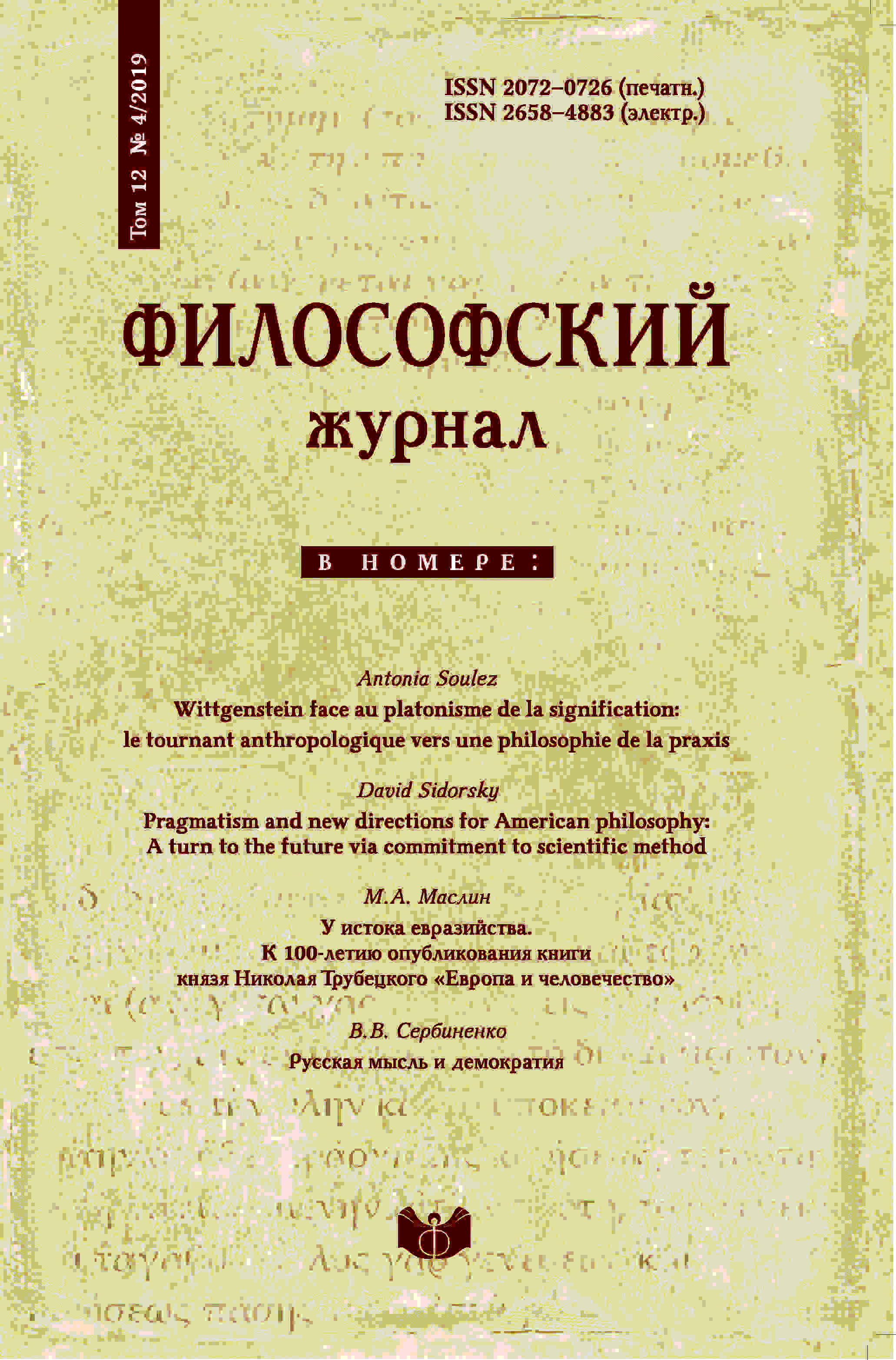Bioethics and philosophy of culture: “didactic theate” in medical genetics
DOI:
https://doi.org/10.21146/2072-0726-2019-12-4-56-69Keywords:
bioethics, dramatization, genomic medicine, didactic theater, communication in medicine, communicative competenceAbstract
The purpose of this article is to present an analysis of “dramatization” practices in the context of genomic medicine. Bioethics is a communicative platform, that assumes the development of new phenomena related to the development of technologies through the analysis of specific cases, focusing on the normative nature of rational communication. This approach is close to Habermas’ theory of communicative competence. But in a situation of genetic counseling such standardization may not work for the patient’s benefit. In this article, we analyze the practice of dramatization as a tool to solve this problem. Knowledge about a hereditary diagnosis significantly affects a person’s understanding of fate. Patients with a genetic diagnosis may find themselves in a situation similar to that of a hero in a “tragedy of fate”. Like this hero, a patient with a diagnosis of a genetic disease feels herself subject to the power of impersonal forces and can fall into a trap of inaction. In this situation, the patient needs to build her own orientation complex. When a doctor and a patient get acquainted with the same specially prepared dramatic scripts, the patient can receive the tools to reflect on her condition and make the necessary decisions. We liken the methods of dramatization in medical practice to the methods of a didactic theater that ensure the interaction between the audience and whatever is happening on the stage as well as engage the audience in a discussion of what they see. Because of this orientation on interaction and through involvement in the process of thinking about possible solutions and problems associated with the disease and treatment, patients can avoid the situation of “tragedy of fate” and turn their attitude towards genetic risks from viewing them as fate to circumstances of social interaction. The solution of this kind of communicative problems is significant in medical genetics. It can help people overcome the difficulties in a relationship with blood and other relatives, and apply modern clinical and research practices more widely. Considering the practice of dramatization in this way, we outline the movement from the bioethical context of this practice to its analysis in the framework of the philosophy of culture. In the end, we present examples of several genetic dramas staged for wide audiences as an example of the development of dramatization practices outside the medical field.






